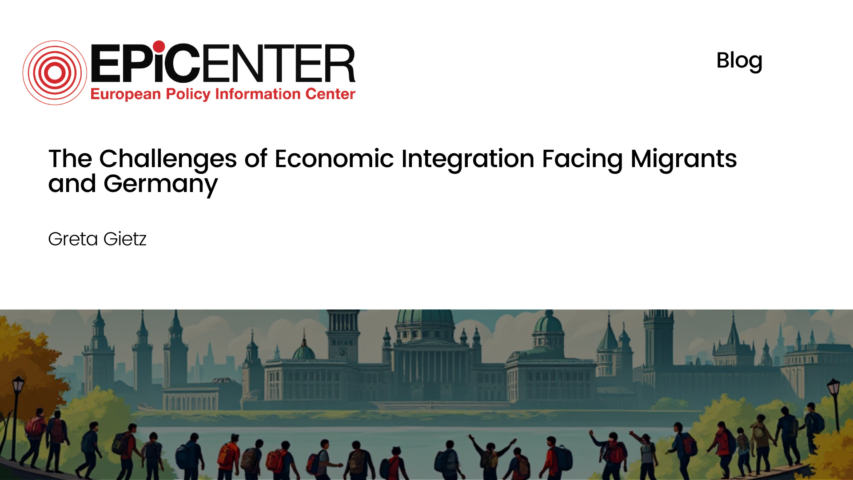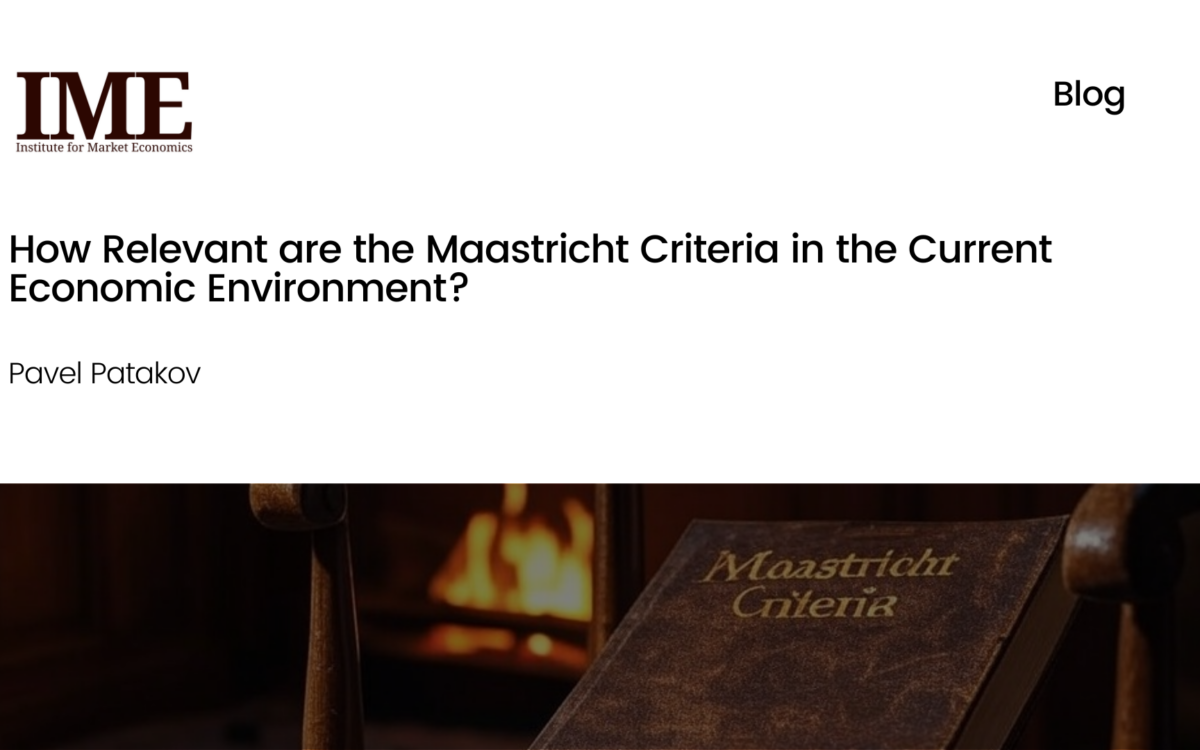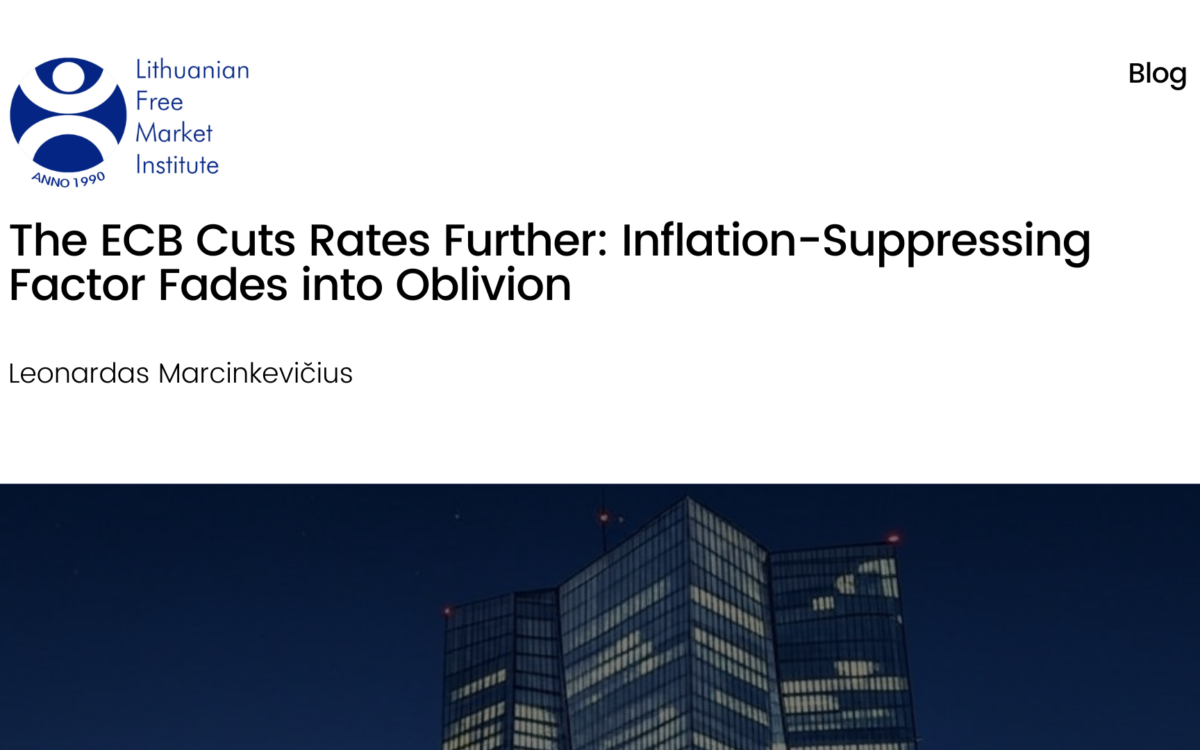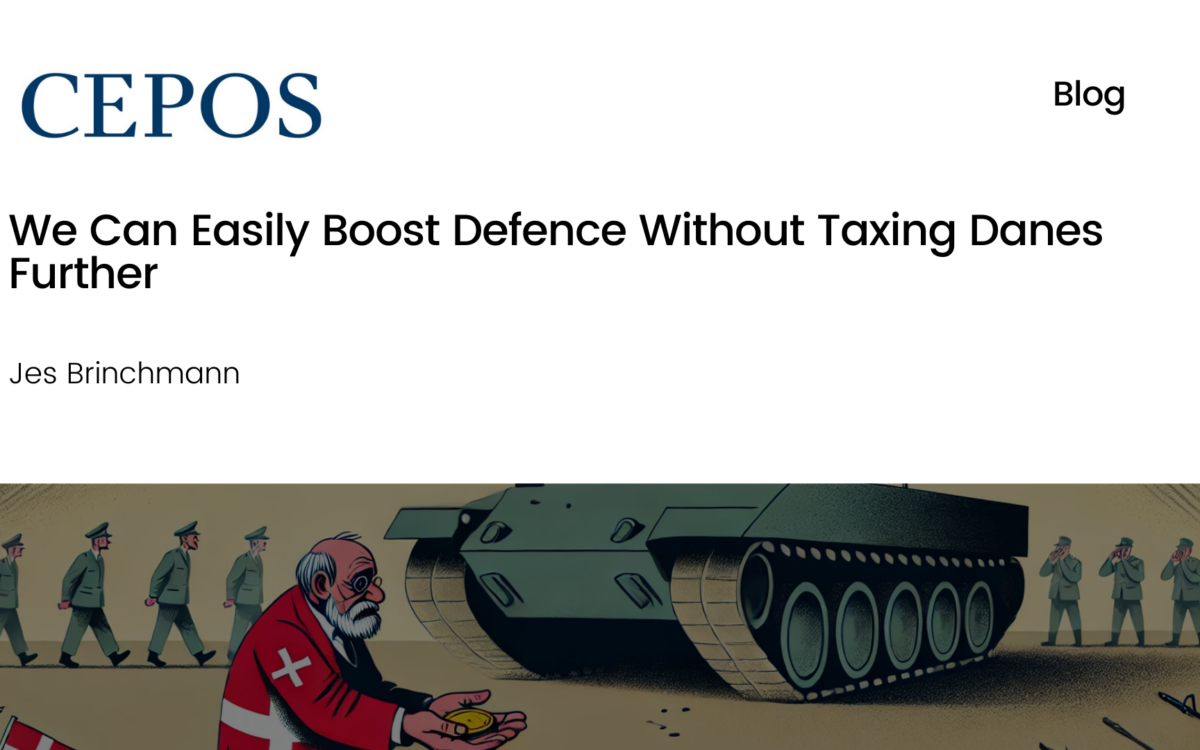The Challenges of Economic Integration Facing Migrants and Germany

The Challenges of Economic Integration Facing Migrants and Germany
Greta Gietz // 14.01.2016
The New Year’s Eve attacks in Cologne have increased the pressure on Angela Merkel and are driving public debates on the importance of successfully integrating the refugees and migrants into German society and economy. The reaction to the organized attacks on women is largely directed at the apparent efforts by the Cologne police department and Germany’s public broadcasters to cover up information about the perpetrators so as not to cause panic and xenophobic backlash. This apparent self-censorship has caused an uproar within the German public and media, who have responded with a call for open debate about the migration crisis and its effect on German society.
Until now, the German public has been broadly accepting and welcoming of the wave of refugees, and supportive of Angela Merkel’s migration policy. In September, Merkel made headlines when she insisted, in response to growing concerns over the influx of migrants into Germany, “Wir schaffen das!” (We can do it!). Arguably, Germany is strong enough to shoulder the burden given its low unemployment rate, stable debt burden and rising real wages. Moreover, there is reason to believe that, if migrant participation in the German labour market can be facilitated, they are likely to become productive members of society.
Yet, while Germany’s economy is still robust, having just achieved a historic budget surplus of €12.1 billion which will go towards supporting the continued integration and accommodation of migrants, Merkel’s hopefulness and optimism is becoming increasingly more difficult to defend to the German public and her political opposition, as well as allies. The events of New Year’s Eve exposed the need for a change in Merkel’s approach. A welcoming migration policy should not hide the challenges facing Germany – it should be honest about the benefits as well as the concerns of accepting and integrating migrants.
A look back at recent Germany history reminds us of two notable periods when the country experienced similar challenges. In the decades following the Second World War, Germany suffered severe labour shortages and created the “Gastarbeiterprogramm” – guest worker programme – that led to millions of Mediterranean migrants, mainly from Turkey, Italy, Spain and Greece, to enter the country and take up low-skilled jobs. These immigrants helped fuel the “Wirtschaftswunder” that West Germany experienced in the 1950s-70s despite the utter despair and destruction the country was in and labour force shortages it faced after 1945. Secondly, the West German economy largely successfully absorbed East German debts, financial troubles and population and rebuilt the former communist state in the 1990s only to grow stronger (although the integration policies post-1990 made East German workers more expensive to employ and thus less competitive vis-à-vis West Germans). In light of these past challenges and the power and wealth of Germany today, the economic integration of one million refugees appears to be a feasible undertaking that Germany can tackle.
However, the smooth economic integration of the guest workers in the latter half of the last century occurred under very different conditions. Industry has changed, even low-skilled jobs today require German language skills and some professional qualifications. According to the Financial Times, up to 81 per cent of the refugees in Germany have either no professional qualifications or high school diplomas. If so, this is not the arrival of the highly qualified workforce Merkel might have been expecting when she announced her open-door policy in September of last year. Most training courses to provide migrants with the necessary skills and qualifications last three years, which is a long and potentially uneconomical commitment for migrants who have large debts from their journeys to Germany and are often responsible for sending money back to their families. It is also a much bigger feat to learn German as an Arabic speaker than as an Italian, due to the difference in alphabet. Furthermore, there are legal obstacles for employers to hire migrants, such as the so-called priority review, by which an employer needs to prove that there are no EU citizens that can do the job before hiring a migrant.
The events of New Year’s Eve in Cologne and Hamburg have led to headlines of a “Germany in crisis” in international news. Already, the aftermath of the attacks and subsequent protests have considerably affected tourism numbers in Cologne. Dresden, the headquarters of Pegida, already experienced a decline of inland tourists last year due to the increasingly bad image the anti-immigrant group is projecting on the city. Concerns are growing that especially international tourists will avoid German cities out of fear of the tensions between migrants and right-wing groups due to the international news coverage. The leading weekly political magazine, der Spiegel, noted that the events in Cologne are connected to migration politics much more quickly in the US than in Germany. Whether this will eventually make a dent in the national economy is unclear, but it is surely a concern. This exemplifies that the effects of the migration crisis on the economy will not be limited to the integration of migrants into the labour force.
EPICENTER publications and contributions from our member think tanks are designed to promote the discussion of economic issues and the role of markets in solving economic and social problems. As with all EPICENTER publications, the views expressed here are those of the author and not EPICENTER or its member think tanks (which have no corporate view).



